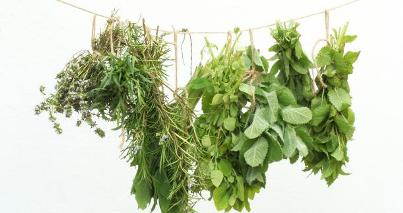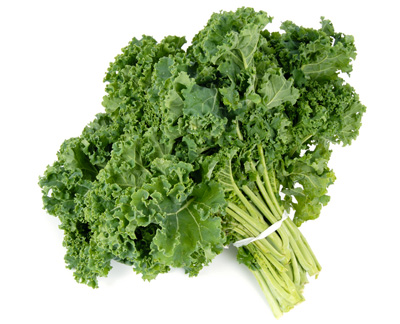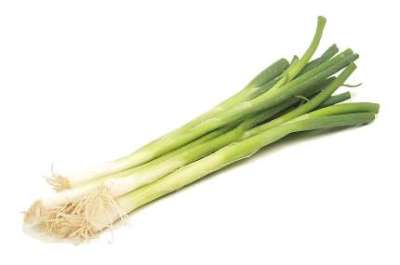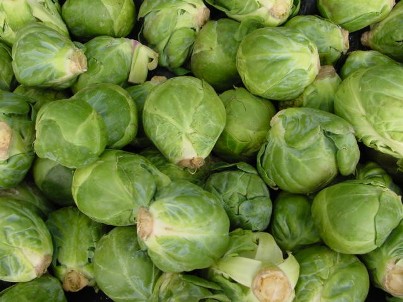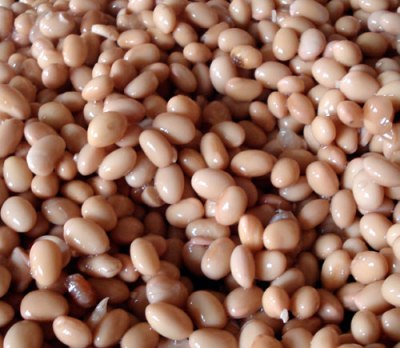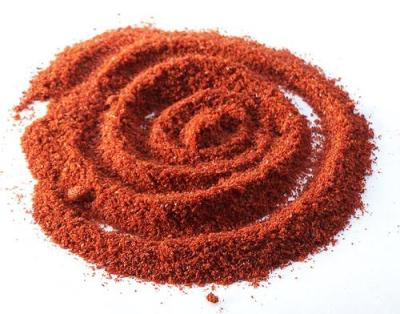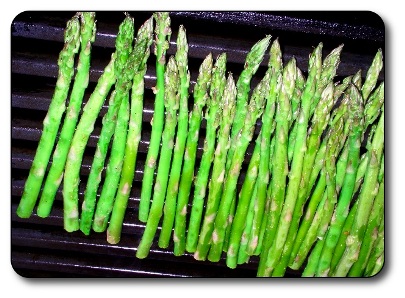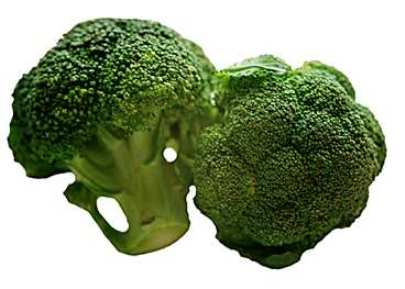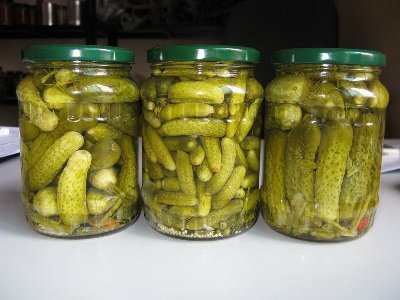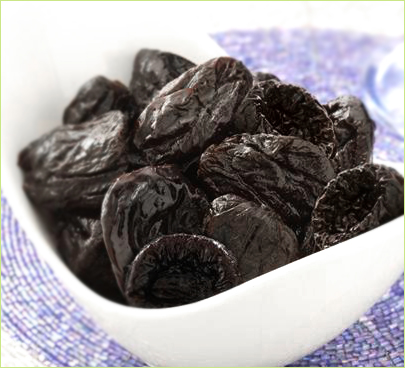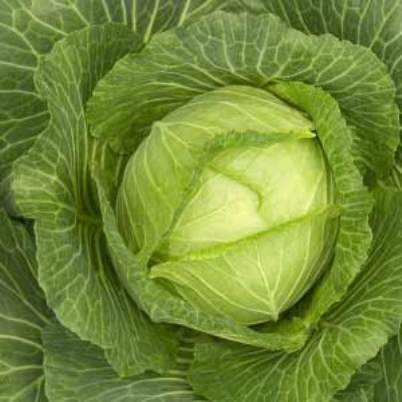A very important vitamin that is required by the human body to help in blood clotting and for good protein modification is Vitamin K. Research proves that vitamin K plays a major role in protecting the humans against heart disease and cancer. Vitamin K is also helpful in treating Alzheimer’s and osteoporosis. The recommended daily consumption of vitamin K is about 80 micrograms. It is not required to pop in medication to attain the sufficient amounts of vitamin K for your body. You can very well consume high amounts just by including vitamin K high rich foods in your daily diet. Research also proves that even if you consume more than required amounts of vitamin K, there would be no threat of toxicity in the body. However, if you are under medication for Coumadin or Warfarin that prevents blood clots, you may have to check with your doctor to know the exact intake of vitamin K. Deficiency of vitamin K is rare in adults as most of the food that is consumed, has enough vitamin K that is required by the body. However, infants would be at a risk of low vitamin K till they start consuming vitamin K rich foods. Here is a list of 11 best sources of vitamin K.
Fresh and dried herbs
Herbs contain high amounts of nutrients including good amounts of vitamin K. No wonder herbs are widely used for many medicinal purposes. Herbs have proved to be effective in curing many ailments. They are available in plenty and serve as high nutritional supplements. Some of the herbs that contain high amount of vitamin K include, dried sage, dried basil and thyme. These herbs add up to 51 μg of vitamin K per table spoon. Other herbs like fresh parsley, dried coriander, dried oregano, dried marjoram and fresh basil add up to 10 μg per tablespoon. Herbs add taste to any dish and are widely available. Experiment with the inclusion of herbs in your daily food to increase the taste and also the intake of vitamin K in your food.
Green and dark leafy vegetables
Including fresh, crisp and delicious green dark leafy vegetables in your every day diet sounds like a refreshing experience. What is more interesting is that you are considerably increasing the intake of vitamin K in your food. They also serve as high sources of calcium. The green leafy vegetable are very cheap and have commendable nutritional value. To top the list, Kale contains maximum amount of vitamin K of about 547 μg per cup. The other good sources of vitamin K among the dark green leafy veggies are collards, dandelion greens, spinach, turnip greens, cress, beet greens, mustard greens, broccoli raab, Swiss chard and lettuce with 62.5 μg per cup.
Spring onions
Spring onions are widely available in any part of the world. Spring onions are packed with high amounts of vitamin K. It is one vegetable that is a hit with all age groups. Because of its unique taste it can be used as a delicious topping on a stew or soup. It can be a good addition to salad wraps or salads. A simple saute of the spring onions can be a good side dish on any dining table. Make sure that you have a serving of the spring onions for your entire family at least once a week to maintain healthy levels of vitamin K. It serves as a good source of vitamin K as 100 grams of it will provide about 207μg of vitamin K.
Brussels sprouts
Need relief from hangovers? Then eat Brussels sprouts. You would not only be tackling your hangover but also increasing your vitamin K intake for the benefit of your body. Brussels sprouts are a good source of vitamin K. A single Brussels sprout has about 33.6 μg of vitamin K. It sure is delicious and can be served as any time snack. Try introducing Brussels sprouts as a snack from early days of childhood for kids, and you need not worry about the amount of vitamin K intake for your child as long as he/she consumes them. It is important that you are introduced to various healthy diet options to maintain a healthy body and life.
Soybeans
Soybean, especially soybean fermented products, are high sources of vitamin K. Any food that is fermented has increased levels of vitamin K. Fermented soybeans are no exception. Soybeans are very tasty and easy to prepare. Dishes made out of soybeans can be easily accepted on lunch and dinner menus. Soya milk can be given to infants in smaller quantities to increase vitamin K levels in their body. You can prepare milk from soybeans at home if you do not prefer buying them from stores. Intake of good amounts of soybeans also increases the protein content in the body. As far as possible, try to ferment the soybeans to have a higher vitamin K content in your diet.
Chilli powder, cayenne and paprika
Chili powder, cayenne and paprika are excellent spices that are indeed great additions to spice up your food and give you the required amounts of vitamin K. They can be used in all your food preparations to add taste and spice. Based on your taste, use them in your calzone, stews or just any food preparation. The food looks attractive and tasty. These spices provide about 8.5 μg of vitamin K per tablespoon. If you use curry powders, then the vitamin K content per spoon is 7 percent of the recommended amount. Caynne provides of 7 percent of daily requirement of vitamin K per spoon and paprika constitutes about 5 percent of vitamin K requirement per spoonful.
Asparagus
Asparagus is also a good source of vitamin K. It is best eaten when steamed. Steaming asparagus does not reduce its vitamin K content. It is a very tasty vegetable and is usually liked by all. Use asparagus in salads, or topping for omelets. They can be sauted with vegetables to give you a complete meal. Include asparagus dishes at least twice a week in your diet to improve the intake of vitamin K in your body. Though they are a little expensive they sure will be worth the taste. Consuming 100 grams of Asparagus gives about 80 μg of vitamin K.
Broccoli
Everybody loves broccoli and there are reasons as to why you should increase the intake of broccoli even more. It is highly packed with vitamin K. Now you have a valid reason to have more of it. If possible, every other day! An average piece or spear of broccoli contains about 220 μg of Vitamin K. Broccoli meets the recommended quantities of vitamin K in your diet. There are innumerable recipes that are available to cook your favorite vegetable. This vegetable is not very expensive and is easily available in your nearby store.
Pickled cucumber
Pickled cucumber is an excellent way to beat the heat and also increase your vitamin K content. If you like pickles, you have a reason to enjoy them even more. You can make your own cucumber pickle at home. It would be cheaper and easy to make. But if you are buying pickled cucumber from a store, ensure that you pick the one with low sodium. Cucumber pickles serve
as an amazing accomplishment for many main courses. You need to be experimental and figure out a dish that tickles your taste buds asking you for more. About 100 grams of pickled cucumber is enriched with 130 μg of vitamin K.
Prunes
If you love fruits then you can snack on prunes every now and then to increase your vitamin K intake. They are delicious and can be a good snack at any time of the day. They are also rich in fiber. They are easy to store and come at a very low cost. Kids usually like the taste of prunes. It would be a good idea to keep small portions of prunes handy to give you instant energy. Prunes are also rich in zinc and iron. 100 grams of prunes would give up to 104 μg of vitamin K. Eating more of prunes do not pose any negative effects.
Cabbage
Cabbage when boiled, raw or just stir fried, is very tasty and power packed with high nutrients including vitamin K. Cabbage has low calories and is fat free. It is very cheap as well. Cabbage is sure a front winner to find its place on a dinner table. You can use cabbage as a salad or use it to make a tasty curry. In which ever form it may be used, cabbage is always tasty. There are many verities of cabbages that are grown globally. The most popular are the red, green and Savoy cabbages. Depending on the way of preparation, one cup of cabbage provides about 100 micrograms of vitamin K. Even if cooked, cabbage retains maximum amount of vitamin K.




